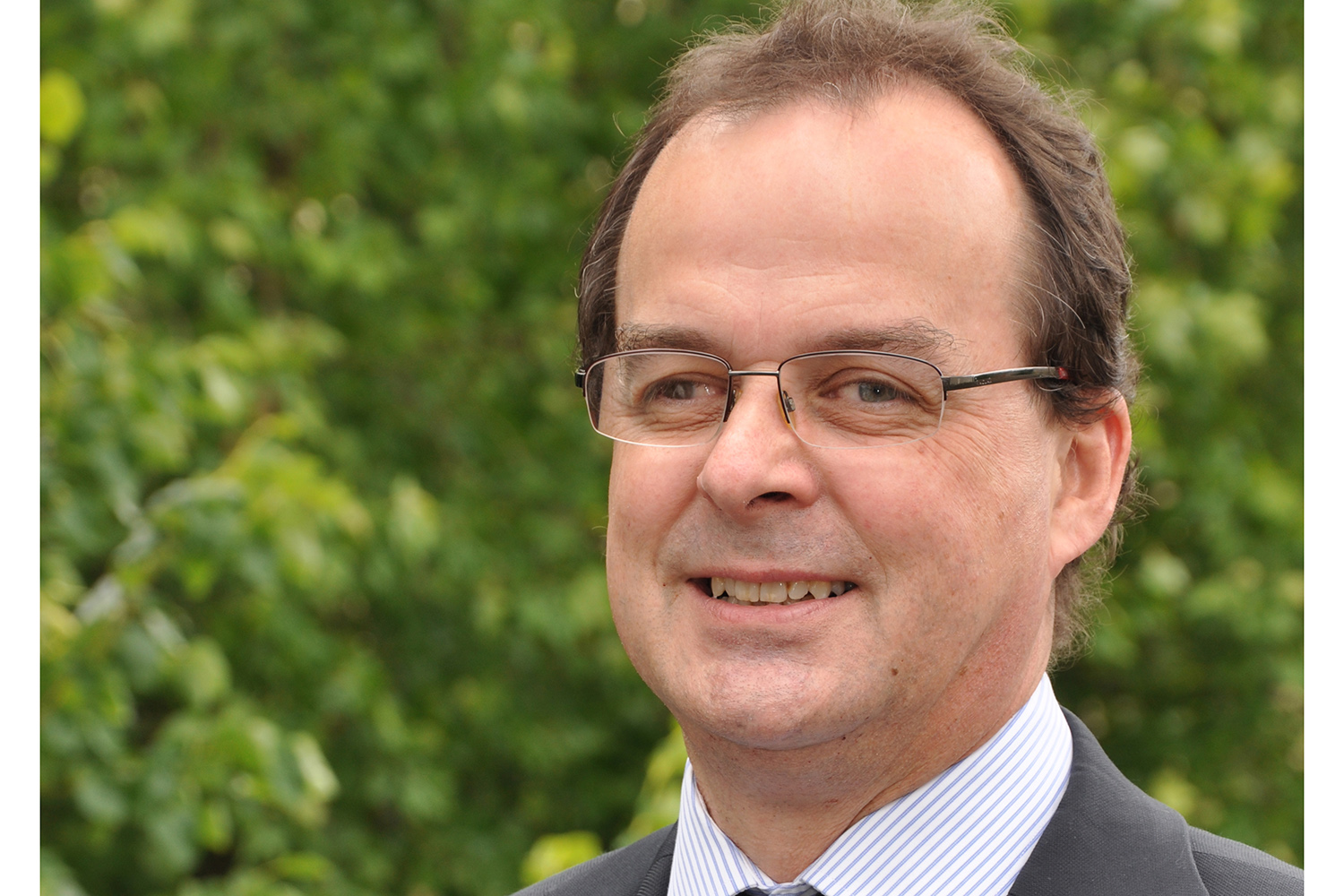“One of the biggest hurdles for people with Long Covid is the lack of a test” Professor Dieter Jahn on his life with Long Covid
Professor Dieter Jahn is the spokesperson for the Braunschweig Integrated Centre of Systems Biology (BRICS). He was one of the first people in Braunschweig to be infected with the SARS-CoV-2 virus in spring 2020 and is still struggling with symptoms such as permanent fatigue syndrome – he suffers from post-Covid syndrome. If the symptoms of Covid are still present four weeks after infection, it is called Long Covid; if the symptoms persist for twelve weeks or longer, it is called post-Covid. Dorothea Hinz spoke to Professor Jahn about the disease and his involvement in the country’s Long Covid Expert Council.
In 2020 you told us about your Covid-19 disease. You said at the time that you had made a full recovery. When did you realise you still had symptoms?

Professor Dr. Dieter Jahn. Photo credit: TU Braunschweig
The weeks and months that followed my infection were marked by constant limping and tiredness. At first, many people around me smiled at me: that’s what happens when you’re over 60, and I’ve always liked to sleep. But eventually I realised that I just wasn’t getting fit again and that I had developed chronic fatigue syndrome.
You were infected early in the pandemic and Long Covid was hardly an issue then. When did you start to associate fatigue with your illness?
At first it was the normal total exhaustion after a very serious infection. I recovered relatively quickly and was able to walk to the post box, then to the supermarket and then longer distances. Physically, I was quite well again. What remained was the tiredness. It soon became clear that this was a consequence of the Covid infection.
What helped you? Did your post-Covid symptoms improve?
Back in 2020, as part of a study at the MHH, I took part in a Long Covid therapy programme, which was like traditional rehab. But rehab doesn’t make Long Covid or post Covid symptoms disappear, the exhaustion remains. Nevertheless, the therapy helped me to improve my fitness and to learn what I had to watch out for, for example in my diet. The infection also had something ‘good’ for me: the immune system often undergoes a change after a Covid infection, i.e. the immune system is reorganised in some way. In my case, this has meant that the severe pollen allergy I had before the illness has disappeared.
However, it is important to note that the symptoms of Long Covid vary greatly, as does the length of time they last and whether they go away. As a result, treatments vary widely – what helps some people may not help others.
How do you live with Post-Covid today?
I have learned to live with exhaustion and tiredness. I work around post-Covid, which means I work as long as I can during the day, then go home and sleep and work again in the evening. Of course, I’m very lucky that my job usually allows for this flexibility.
What is the current state of research on Long and Post-Covid? Is there any research going on here at TU?
Of course, research has come a long way since I was infected. However, there are still many unanswered questions about long and post-Covid. One of the biggest hurdles for Long Covid sufferers in Germany is the lack of a test that clearly identifies the disease. Biomarkers are needed to develop new treatments with reliable evidence of Long Covid. The need for research is huge due to the very high number of people affected, and a number of studies are being conducted worldwide into the diagnosis and treatment of Long and Post-Covid, including here at our Engineering for Health research centre at TU Braunschweig.
You are a member of the Long Covid Expert Council of the Lower Saxony Ministry of Science and Culture. What is your role there?
The Expert Council, which brings together people from different disciplines such as (paediatric) doctors, virologists, immunologists and health insurance representatives, discusses and addresses the complex long-term consequences of the coronavirus pandemic on an interdisciplinary basis. My role is to represent people affected by Long Covid. I try to exchange ideas and network with as many affected people as possible. To this end, I have already helped to set up several Long Covid self-help groups in Lower Saxony and am in regular contact with the participants. This enables me to bring the feelings and problems of Long Covid sufferers directly to the attention of politicians.
Here at BRICS, I recently organised a Long Covid information event with the Paritätische organisation, which led to the formation of a self-help group in Braunschweig. In addition to the development of suitable therapies, recognition and support are particularly important for those affected. Exchanging experiences with others is also very helpful.
Thank you very much for the interview.
Text: Dorothea Hinz
